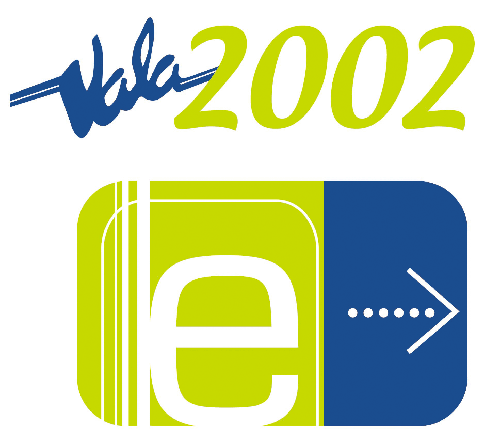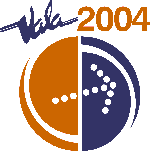
Factors which influence the successful implementation of digital technology in Aboriginal communities
VALA 2002 CONCURRENT SESSION 15: e-nabling Technologies
Friday 8 February 2002, 14:35 – 15:05
Persistent URL: http://www.vala.org.au/vala2002-proceedings/VALA2002-session-15-webb
Phillipa Webb
Northern Territory Library and Information Service
Please tag your comments, tweets, and blog posts about this session: #vala2002
Abstract
The success of digital library projects in Native American, Canadian Indian and Alaskan Villages has been characterised by broad based resource support, which is virtually non existent in remote locations in Australia. This paper identifies the opportunities that exist to improve the success of digital projects which will ensure that Australia’s Indigenous peoples have the opportunity to collaborate with an emerging alliance of Indigenous Nations across the globe.

This work is licensed under a Creative Commons Attribution-NonCommercial License.

